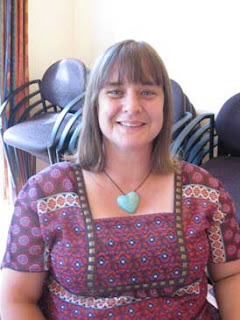Ka ngāueue, ka whakaruerue te rohe o Otautahi. I tae ngā tangata o Aotearoa me ngā tangata o te Ao ki ō mātou mutunga. Ka matakitaki, ka whakarongo mātou ki ngā kōrero o ngā mōrehu, o ngā Whanau Mamae me o ngā Whanau Pani. Aue taukiri e! Kua pā ēnei kōrero ki o matou ngakau.
Ki nga mate o tēnei wā haere ra kei tua o te arai ki te noho i waenga i ngā ringa o o koutou tupuna. Moe mai ra, moe mai ra, moe mai ra.
Ki nga mōrehu, kei te whakarongo matou ki to koutou kōrero o to koutou puta mai o te wharenui pākaru. Ka titiro matou i to koutou maia, to koutou kaha. Ko koutou i ngā tangata ranga wairua ki a matou katoa. Kā mihi aroha ki a koutou katoa.
Ki ngā tangata mamae, ngā tangata pouri, ratou ko ngā Whanau pani o Otautahi, kā mihi arohanui ki a koutou katoa.
Ko o matou hoa o ELP me to koutou whanau, ka whakaaro matou i a koutou i tēnei wā uaua. Ka mihi aroha ki a koutou katoa.
Christchurch shook and trembled. The people of New Zealand and the world stood still. We watched and listened to the stories of the survivors and the stories of the bereaved. It was heart-breaking.
To those who have passed away, you are leaving now to be with your loved ones who have already passed.
To the survivors, we have listened to your stories of escape from the damaged buildings. We have seen your strength and your bravery. You are an inspiration to us all. We send our love to you all.
To the injured, the sad and the bereaved families of Christchurch, we send our deepest sympathy to you all.
To the friends of ELP in Christchurch and your families we are thinking of you in this difficult time. We send our love to you all.
Many of us have bonds with Christchurch through family, family, education and business. We all have memories of the cathedral and other focal points which are now damaged beyond recognition. Our thoughts are with the people of Christchurch as they struggle to recover from this devastating earthquake.
There have been many offers of help from within New Zealand and overseas. We all want to do something to help but for most of us it is not possible or practical to physically go there. The biggest need in the next weeks and months will be for money. We at ELP support the Christchurch Mayoral Earthquake Appeal which is administered by the Red Cross. You can make a contribution to this fund by clicking on this link click here
We wish all the people caught up in this disaster and for all of you with the friends and family in the affected area all the best for the coming months.
Arohanui
Marie, Annika, Wendy, Lorraine, Jo, Robyn, Alison and Kathryn




